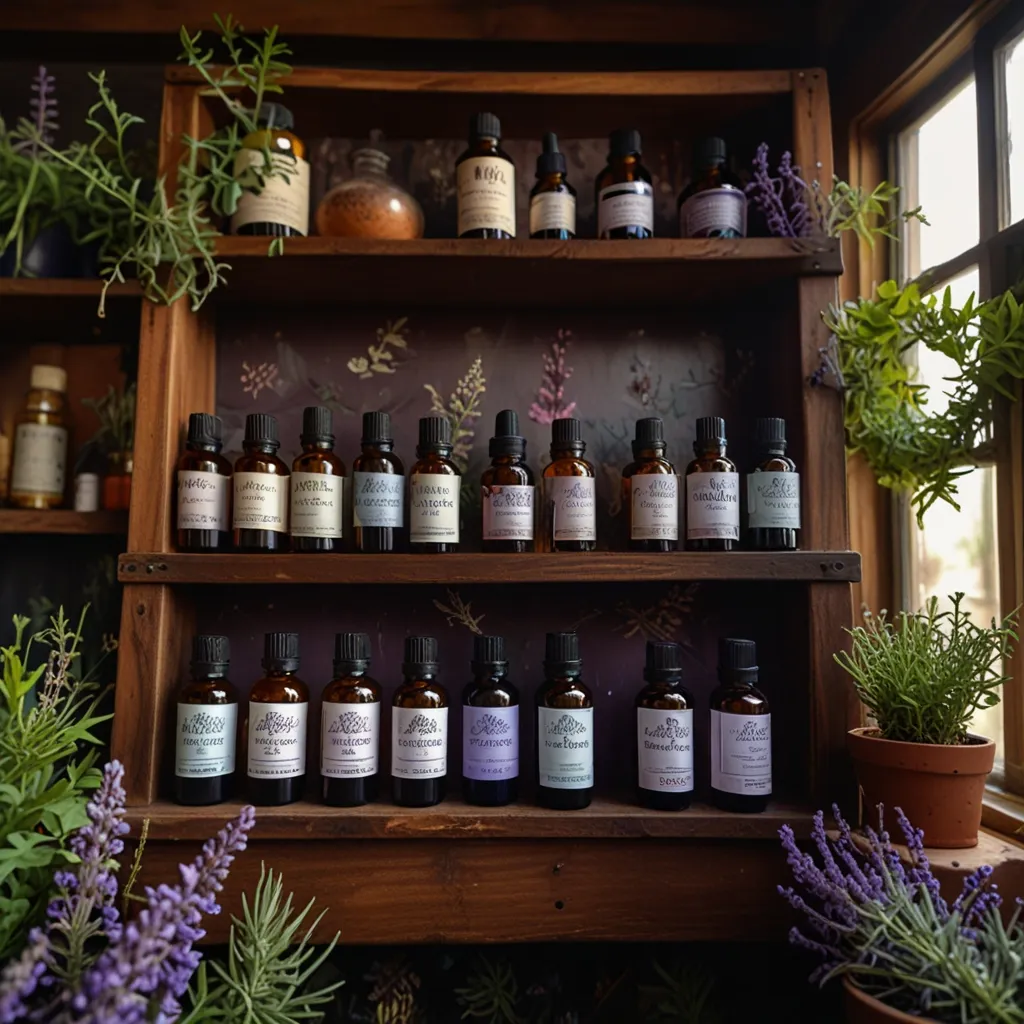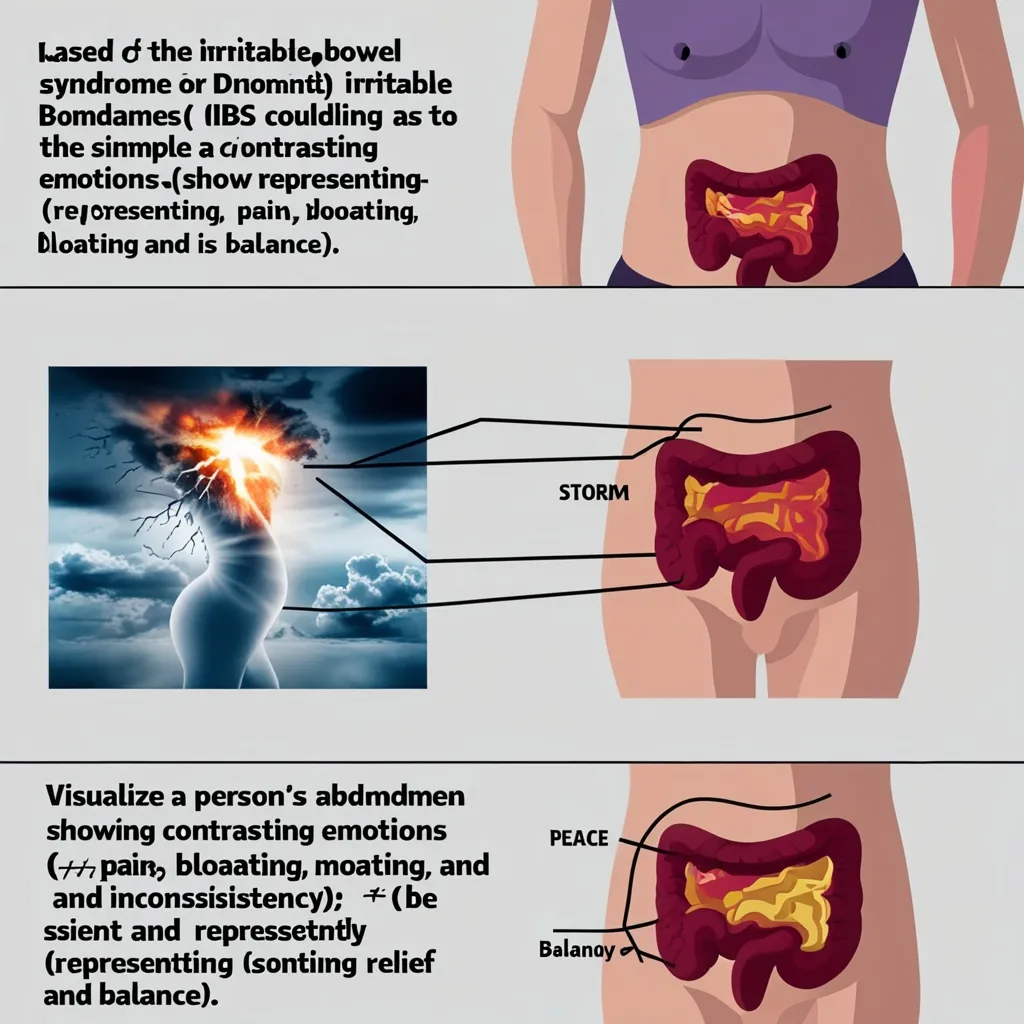Aromatherapy might sound like a new-age trend, but it’s been around for eons. We’re talking thousands of years, from ancient civilizations to those plush modern spa treatments. Essential oils are the magic potions behind this practice, serving as a cornerstone of holistic well-being. So, what’s the lowdown on this feel-good practice, and what does science have to say about it?
Essential oils are these incredibly concentrated plant extracts. They come from all parts of the plant—flowers, leaves, stems, bark, and roots. They are typically obtained through steam distillation or cold pressing. And it’s not just some random bunch of molecules; each essential oil is a complex mix of volatile compounds like terpenes, esters, alcohols, and phenols. These compounds are what give the oils their unique fragrance and therapeutic qualities.
The primary way these oils work their magic is through our sense of smell, or the olfactory system if you want to get all science-y about it. When you inhale the scent of essential oils, odor molecules stimulate receptors in the nasal cavity, which then send signals straight to the limbic system in the brain. This part of the brain is all about emotions, memories, and those gut-instinct reactions.
Consider lavender, for example. The scent of lavender is proven to reduce anxiety and promote relaxation. It ups the activity of neurotransmitters like serotonin and GABA in your brain, giving you that mellow, serene feeling. On the flip side, peppermint oil wakes you up and boosts alertness. It stimulates the central nervous system, so it’s like a mental wake-up call in a tiny bottle.
But aromatherapy isn’t just about smells calming your mind or giving you a cognitive boost. There’s the whole physical aspect too. Essential oils can seep into your bloodstream either through inhalation or when applied to the skin. Once in, they can offer all sorts of benefits like pain relief, anti-inflammatory effects, or fighting off germs.
Take tea tree oil, for example. This stuff is revered for its antibacterial and antifungal capabilities. It’s a go-to for dealing with acne, fungal infections, and minor cuts or wounds. Eucalyptus oil is another crowd favorite, especially for clearing up congestion and coughs. It has mucolytic and bronchodilator effects, making it easier to breathe.
The science is still digging deeper, but there’s fascinating research suggesting that some essential oils can even influence gene expression and how cells signal each other. This could have big implications for managing chronic conditions like arthritis, asthma, and autoimmune disorders.
Historically, aromatherapy has had quite a journey. Hippocrates, the father of modern medicine, was all about aromatic baths and massages for good health. Ancient Egyptians were masters with their perfumed oils, scented barks, and resins for both beauty and wellness. The Greek and Roman eras continued this love affair with aromatic baths and massages.
The term “aromatherapy” itself was coined in 1937 by a French chemist named Rene Maurice Gattefosse. He discovered the healing properties of essential oils somewhat by accident – using them to treat burns. Fast forward to today, and you’ll find aromatherapy woven into the fabric of many lives, offering solutions for stress, pain management, and more.
However, it’s crucial to remember that aromatherapy is not a cure-all. This means it should be integrated into your life alongside conventional medical treatments when necessary. Everyone reacts differently to essential oils, so it’s wise to do a patch test first and consult with a qualified aromatherapist or healthcare provider before diving in.
When it comes to using essential oils safely, quality is key. You’ll want to make sure you’re getting stuff that includes the Latin name of the plant, has info on purity, and mentions where the plant was grown. Stick to reputable, well-known aromatherapy companies that have been around for a while. Always opt for dark-colored, glass containers, as they help maintain the quality of the oil. And steer clear of “fragrance oils” – those are often made from chemicals and won’t offer the same benefits.
In a nutshell, the science behind aromatherapy unveils a beautiful ballet between aromatic compounds, the nervous system, and various physiological processes. Whether it’s soothing the mind or healing the body, essential oils provide a multifaceted approach to holistic health. By understanding how these potent plant extracts work, you’ll be better equipped to harness their power and improve your life. So whether you’re looking to chill out, manage pain, or just snag a few moments of tranquility in an otherwise hectic world, aromatherapy offers a natural, fragrant path to well-being. So, go ahead and indulge your senses. The ancient wisdom embedded in these oils is waiting to bring some zen into your life.






